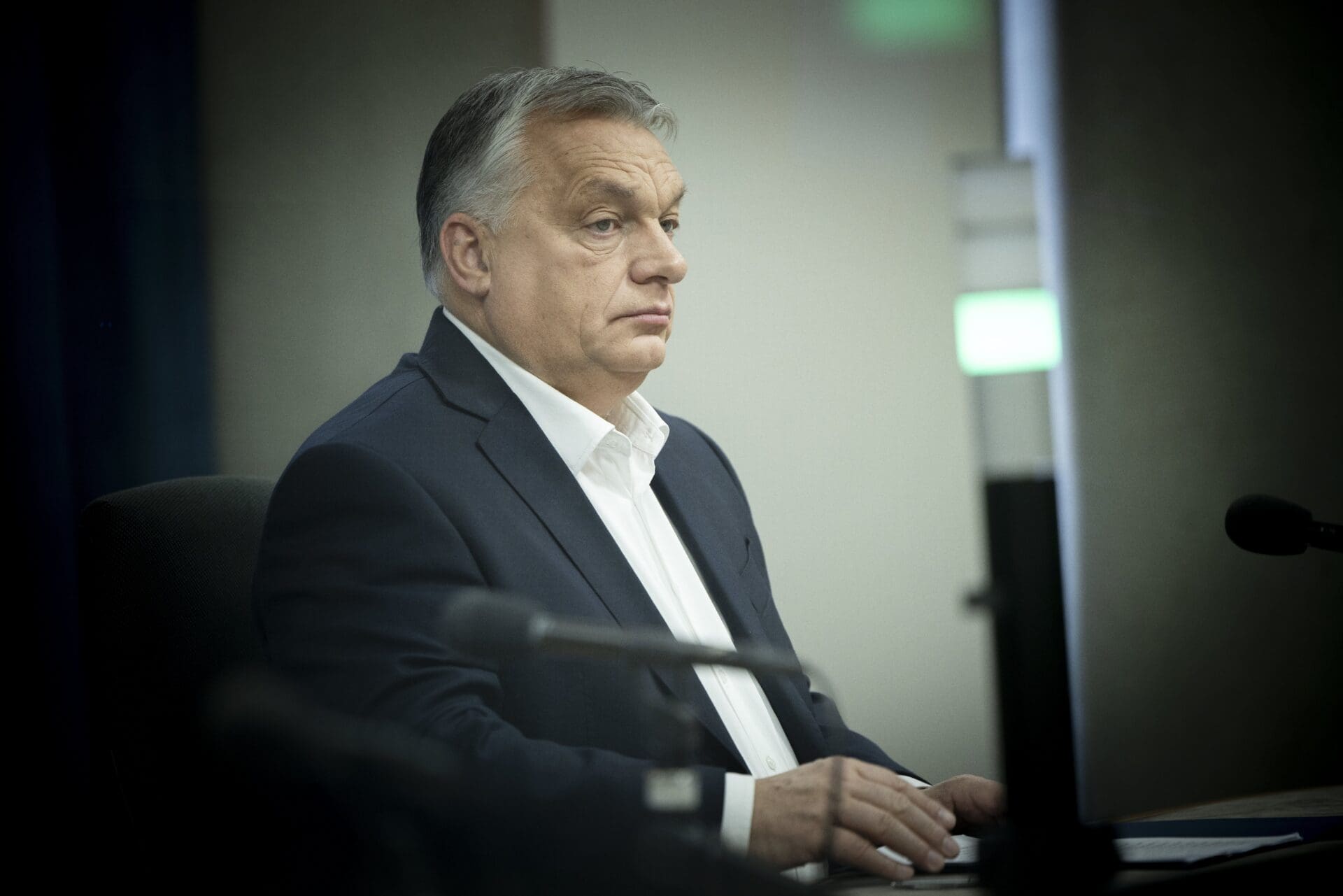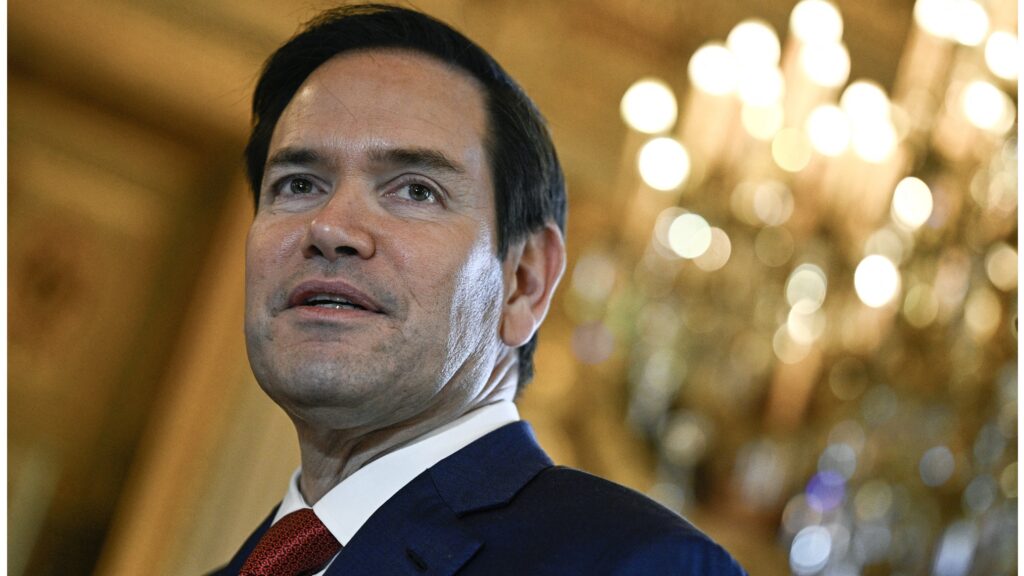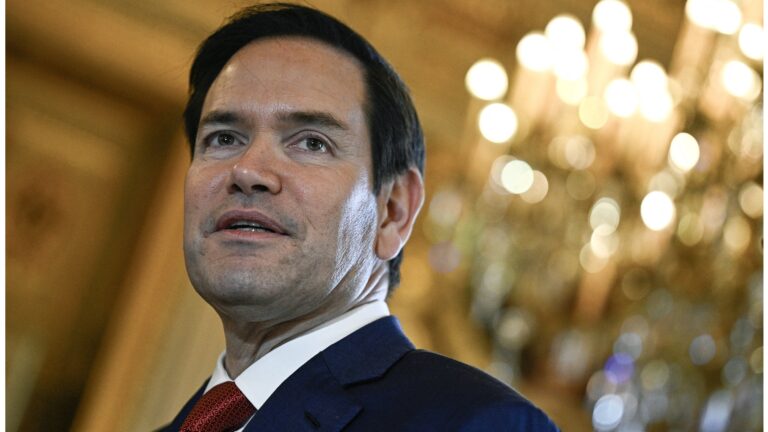In his regular Friday morning interview with public Kossuth radio, Prime Minister Viktor Orbán said it was a mistake for the European Commission to be pushing for EU leaders to put Ukraine’s European Union accession on the agenda, adding that the bloc should first sign a five to ten-year strategic partnership agreement with the country.
Orbán told public radio that in a letter he wrote to European Council President Charles Michel he did not say that Hungary would veto Ukraine’s accession, as there is no approved common position about Ukraine, so there is nothing to veto. He highlighted that the EU should not be looked upon as a separate, far-away entity; the EU is in Budapest and Warsaw, he stressed. The putting of the commencing of talks about Ukraine’s integration on the agenda simply does not coincide with Hungary’s national interests at this point, therefore it should not be put on the agenda. ‘Once we see that we can cooperate, then we can bring up the question of membership,’ he said, adding that this would only be possible ‘many, many years from now’.
The prime minister said that the legal and political systems of a country at war functioned differently, and it is therefore impossible to tell whether Ukraine meets the rule-of-law conditions of EU membership. He said it also could not be determined how large Ukraine’s territory was, arguing that parts of it were under Russian occupation; or how large its population was, given that people are continually fleeing the country. It was also unclear, he said, what effect the integration of Ukraine’s agriculture would have on the common market. Hungary’s position is that support for Ukraine should be provided outside the European Union budget, in a transparent way, the prime minister stated.
Viktor Orbán opined that a separate fund should be set up for supporting Ukraine,
with every EU country making payments to it. ‘We have given very much money, over 100 billion euros to Ukraine, partly in the form of weapons and partly in cash,’ he said. ‘If this money had been spent on Europe’s development, the European economy would be in much better shape now,’ he stressed. ‘Europe suffers from economic problems and at the same time, it is throwing money away, sending train-loads of weapons and money to Ukraine,’ he noted. The PM added that instead of fighting, a ceasefire was needed.
Next year is set to be a ‘hopeful’ one, Orbán suggested, adding that Hungarians in 2024 would be working ‘so that things get better, not so that they don’t get worse’. Orbán said inflation, sanctions and the energy crisis had made 2023 ‘the most dangerous year in a long time’. Hungarians this year ‘have been working so that things don’t get worse, so that they could protect their prior achievements’, Orbán highlighted. As opposed to that, 2024 will be a ‘hopeful year’, he predicted. He said this was ‘not just wishful thinking’, but something that could be achieved. He vowed that the government would ‘definitely raise pensions by six per cent even if it turns out that inflation is only at five per cent’. The increased 13th-month pension will be paid out in February, and it has been agreed that the minimum wage for skilled labourers and unskilled workers would be raised by 10 to 15 per cent.
Speaking about the national consultation, the PM underscored that only Hungarians can decide about their own fate, reminding that there have always been attempts at interfering in Hungary’s internal affairs. Every political debate, at its core, is about sovereignty, Orbán declared, calling on all Hungarians to fill in the survey questionnaire. The prime minister remarked that foreign actors are trying to influence the decisions of countries of Hungary’s size. ‘The Americans, for example, are trying to push us into the Ukrainian war right now,’ he noted. ‘Let’s not allow a repeat of a situation in which the Hungarian people find out after the election that attempts were made to influence their decision through the left-wing parties,’ Orbán said, referring to the controversial donations that opposition parties received from the United States during the last election campaign. He added parliament needs to make some decisions in the interest of protecting Hungary’s sovereignty, and efforts to block attempts to interfere in the country’s affairs should be taken more seriously in the coming years.
Related articles:
Sources: Hungarian Conservative/MTI








